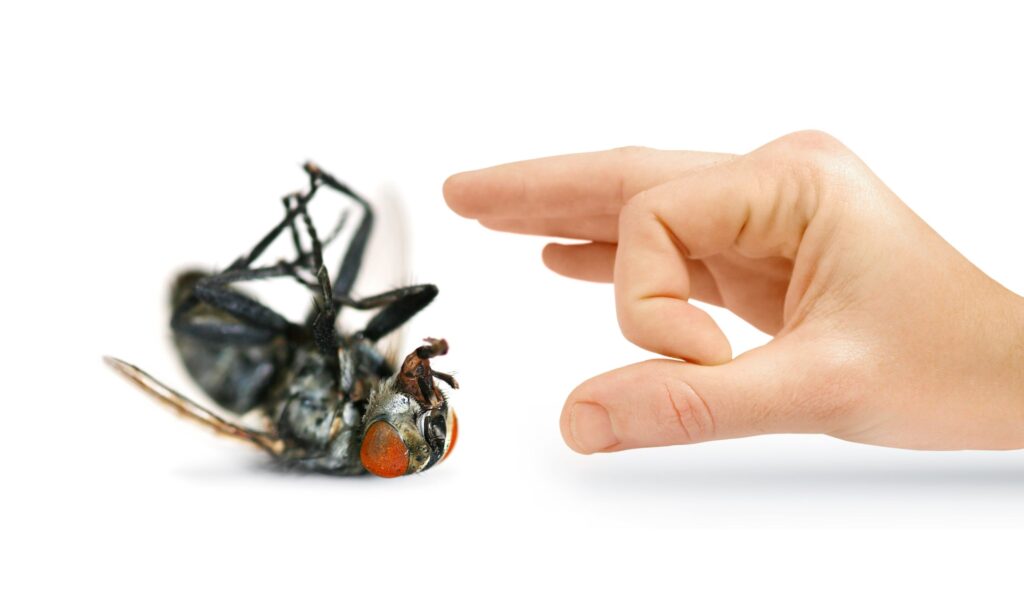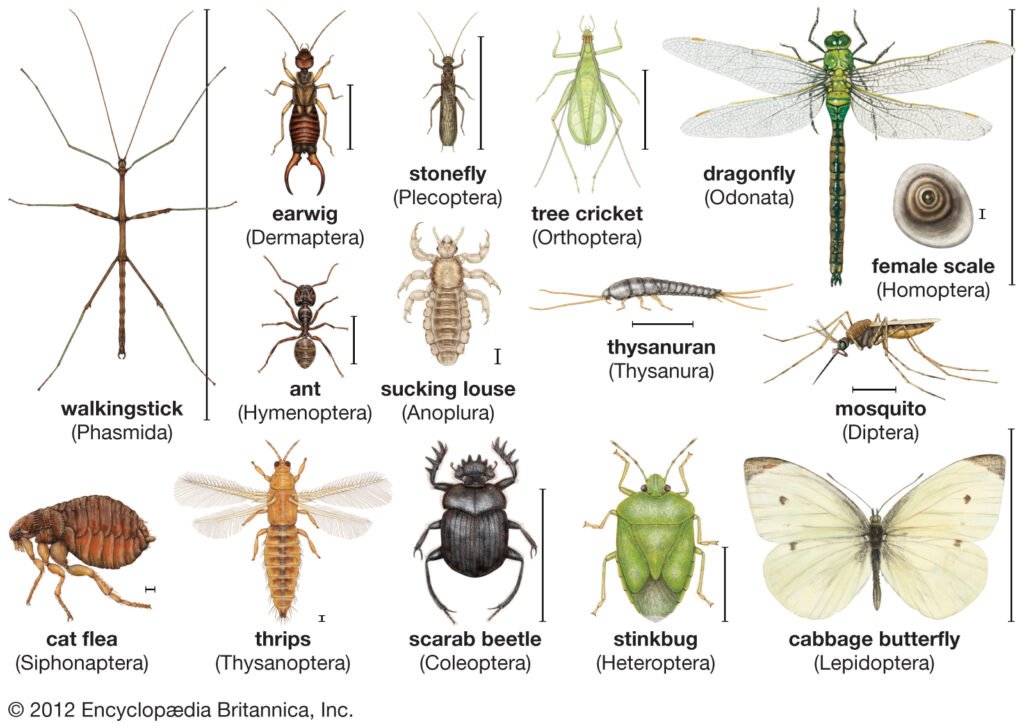
There are many effective insect control methods here. Insects are one of the main problems we face in our daily life. Though insects can be very important, some are also considered harmful to other species. General approaches to insect control. They are pests. Common insect pests include,
- Parasitic insects, such as mosquitoes, lice, and bedbugs
- Flying Insects that transmit diseases, including mosquitoes and flies
- Insects that damage structures like furniture, baseboards, and mattresses, such as termites
- Agricultural Insects that destroy crops including locusts and weevils.
INSECT CONTROL TIPS AND TRICKS
- Regularly Clean Your Home
- Don’t keep fruits and vegetables out for long
- Properly Dispose of Trash and Litter
- Store Food in Sealed Containers
- Eliminate standing water
- Reduce pest hiding spots
- Don’t store wood near your home
- Contact a professional pest control service
USE OF INSECTICIDES FOR INSECT CONTROL
Insect control is the regulation and management of a species defined as insects. The presence of insects will cause an adverse impact on human activities. Integrated pest management is the ultimate method of insect control use in the present scenario. So the method of IPM is a system that, in the context of the associated environment and population dynamics of the pest species, utilizes all suitable techniques and methods in as compatible a manner as possible and maintain pest population.
Insecticides are most often used to kill insects, control them, and preventing them from engaging in undesirable or destructive behaviors. These are the chemicals that include ovicides and also larvicides used against insect eggs and larvae respectively. General approaches to insect control. The most commonly used insecticides are organophosphates, pyrethroids, and carbamates.
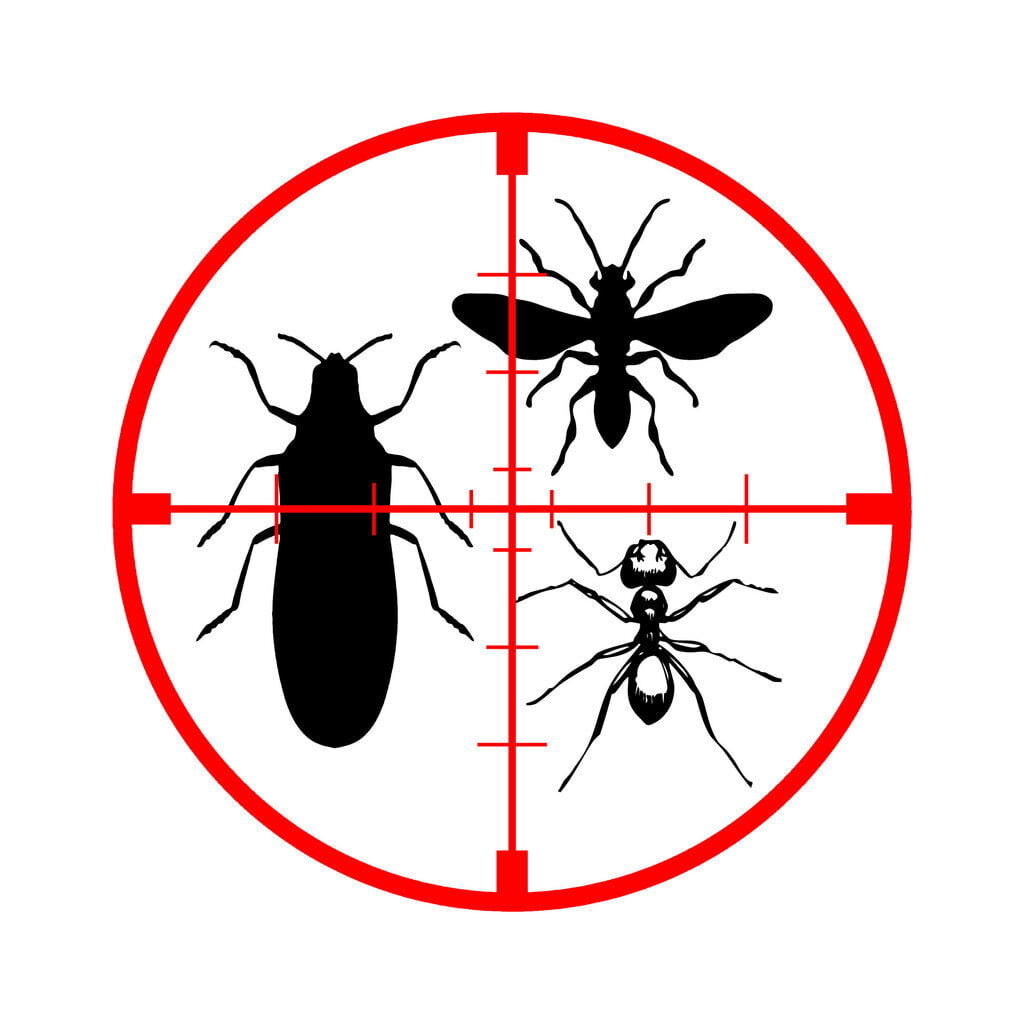
There are more and more other forms of pest control methods are using nowadays. Common people may not be aware of the detailed procedure of them. So, it is always better to hire a professional pest control team to solve your insect problem. New star pest control in UAE is a growing concern with a trained and experienced team of workers and specialized in both residential and commercial buildings.
6 BEST INSECT CONTROL APPROACHES
Most specific insect control methods can be classified into the following major categories.
- Cultural control
- Host resistance
- Physical control
- Mechanical control
- Biological control
- Chemical control
Cultural control
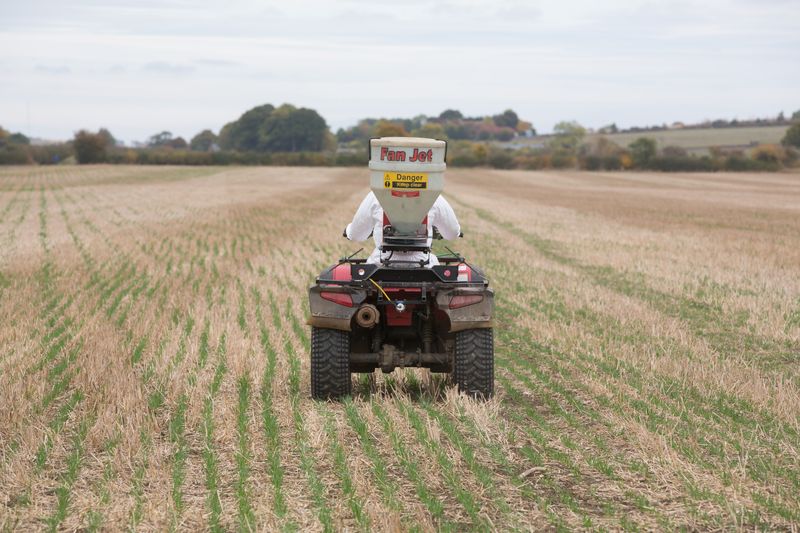
Insect problems are commonly seen in gardening and farming and are taken seriously. Because insects will damage the crops and in turn affect the lives of many species that are related to farming. There are several types of cultural methods like crop rotation, sanitation, tap cropping, and time of planting.
Types of cultural methods
The method of crop rotation replaces a crop that is susceptible to a serious pest with another crop that is not susceptible. Sanitization is the process of cleaning and sanitizing the area of infestation to stop the spread of insects to other areas too. Tap cropping is the method of cropping an insect’s preferable food near the crop and attract them to it. When the insects attracted to the trap crop, then destroy it and the main crop will be protected. The cheap and common method of insect control is carefully considering the time of planting to avoid pest problems.
Host resistance
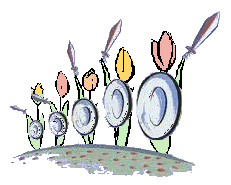
Some plants themselves have the capacity to protect themselves from insects and other harmful pests. The host resistance method is using effectively for many decades. The plant breeders attempt to improve these characteristics of the crop to protect themselves. The older methods like plant hybridization and modern methods like biotechnology are also using to develop pest-resistant crops.
Physical control
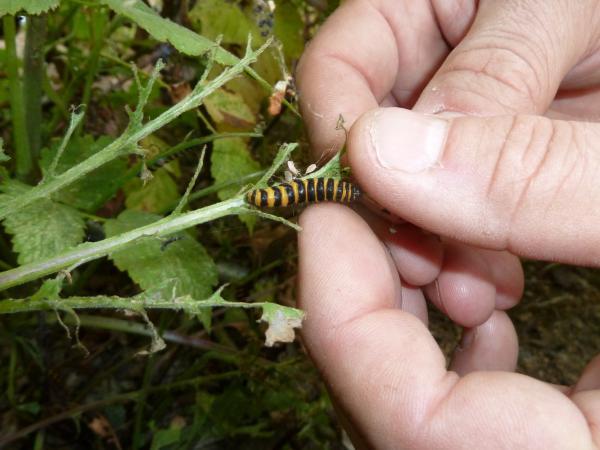
Physical methods are the most common methods in farming and agriculture. This is the method of physically keep insects from reaching their hosts. Hence, the barriers include window screens, plant collars, etc. are using as physical control methods. This helps to keep the nuisance and health-threatening pests out of the crop. Traps are also some kind of physical control. Various types of traps are also using to analyze the nature of the situation and severity of the pest problem.
Method of trapping
The trapping method is useful when your pests are mice or rats and the number of them is limited. This type of pest control catches and holds the pests in it. You can dispose of them properly after killing the pests. Insect traps are used to reduce the population of insects by trapping individuals and killing them. The trapping method is more applicable in smaller-scale industries. In traps, we usually use food, visual lures, chemical attractants, and pheromones to attract the insects into the trap.
Mechanical control
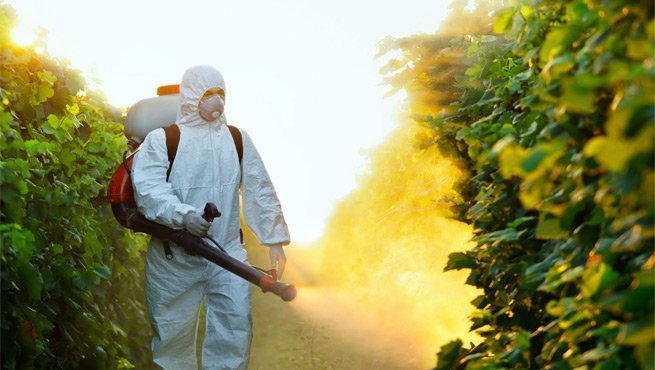
If the pest problem is small and controllable we can use mechanical insect control methods. This is the method of directly killing the pests and is more rapid and effective. So, if the pests are large in size and less in number we can use handpicking method to remove them. General approaches to insect control. However, some insects will defensively drop from plants if disturbed and can be knocked into a container of soapy water. So, shaking plants will remove many pests from them and it is the simplest and easiest way of pest removal.
Biological control
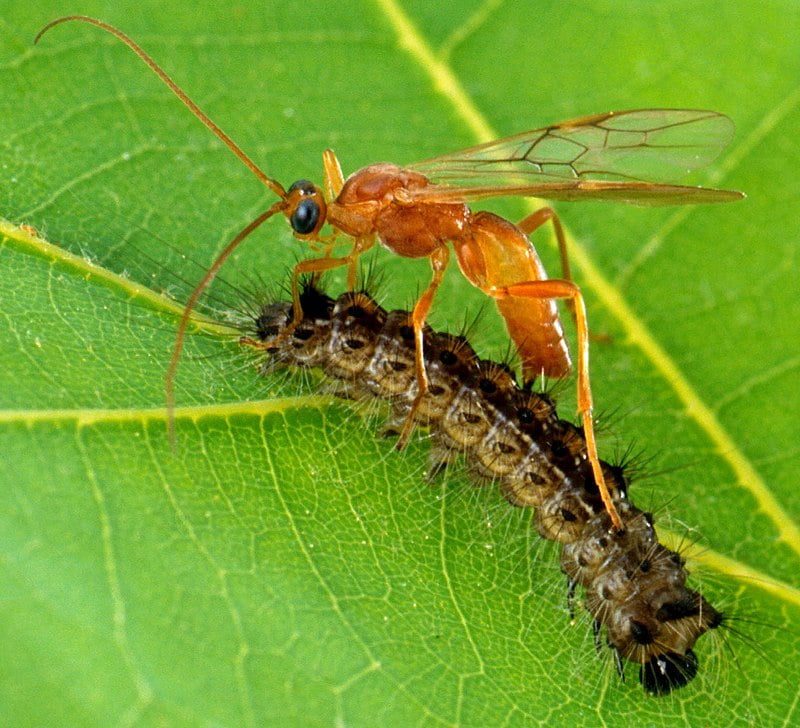
The method of biological control of insects is the ancient method of insect control. This is the use of beneficial organisms to control pests. The intentional manipulation of populations of living beneficial organisms which are also called natural enemies to reduce the number of pests is a successful method in agricultural fields. The agents of biological control of insects include predators, parasitic insects, and also insect pathogens.
Chemical control
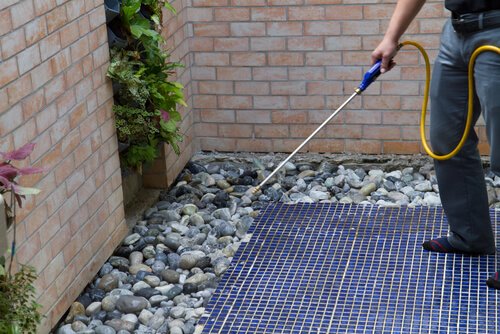
This involves the use of chemicals to kill pests or to inhibit their feeding, mating, or other essential behavior also. Hence the chemicals used in chemical control can be natural products, synthesized mimics of natural products, or completely synthetic material. Chemical insecticides are using in agriculture and also against disease-carrying insects like mosquitoes. Chemical controls have many disadvantages also. It can affect non-target organisms also. So, they may cause hazards to human life and the life of beneficial insects also.

